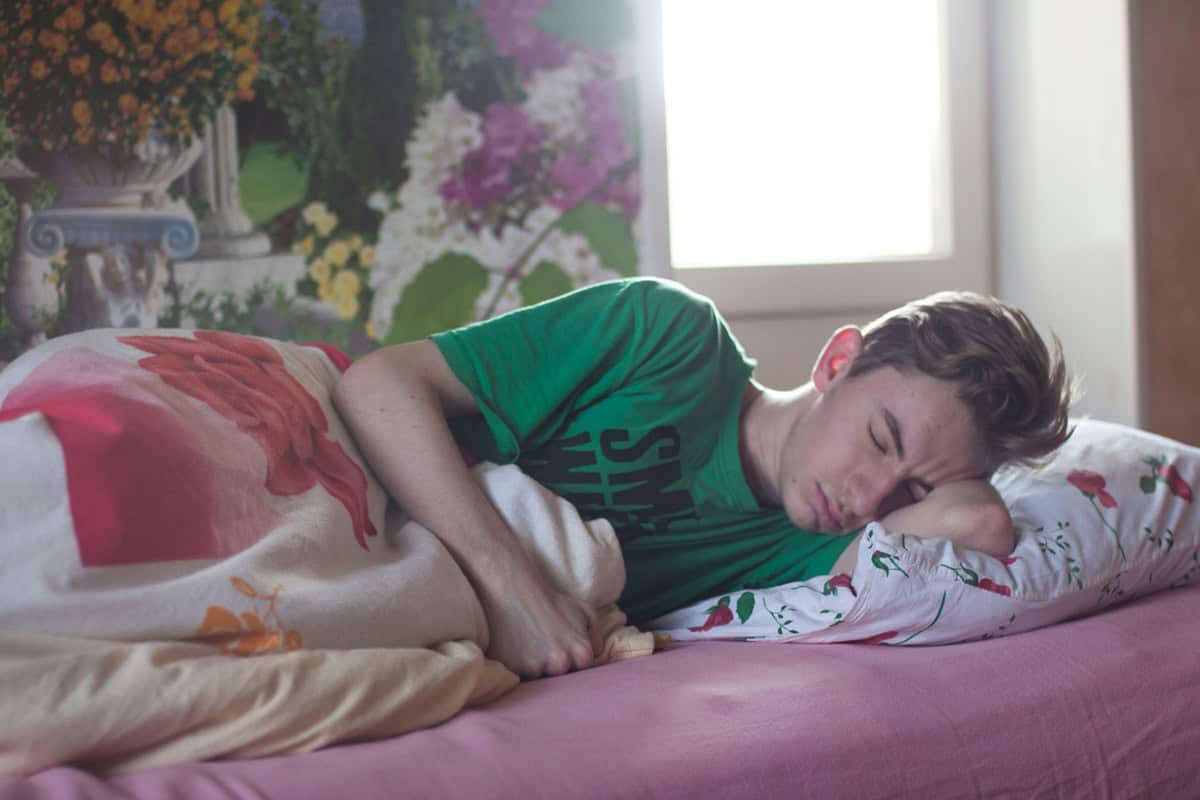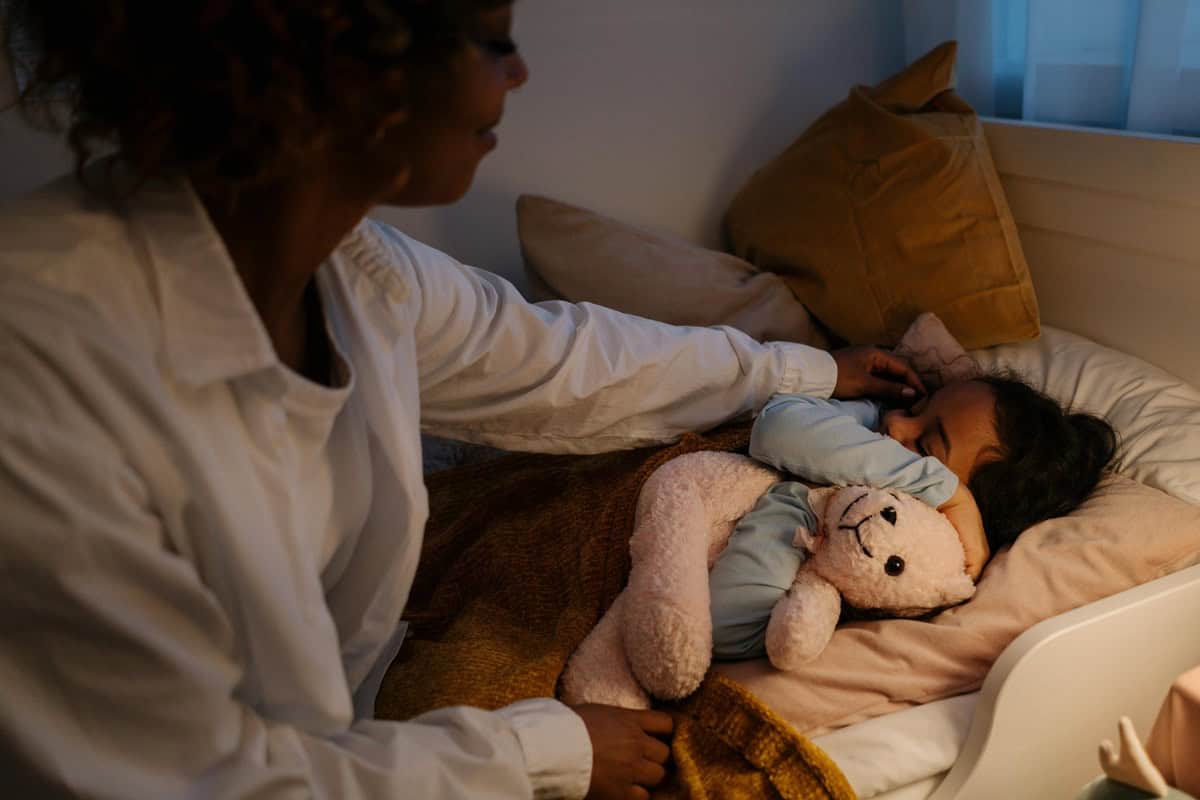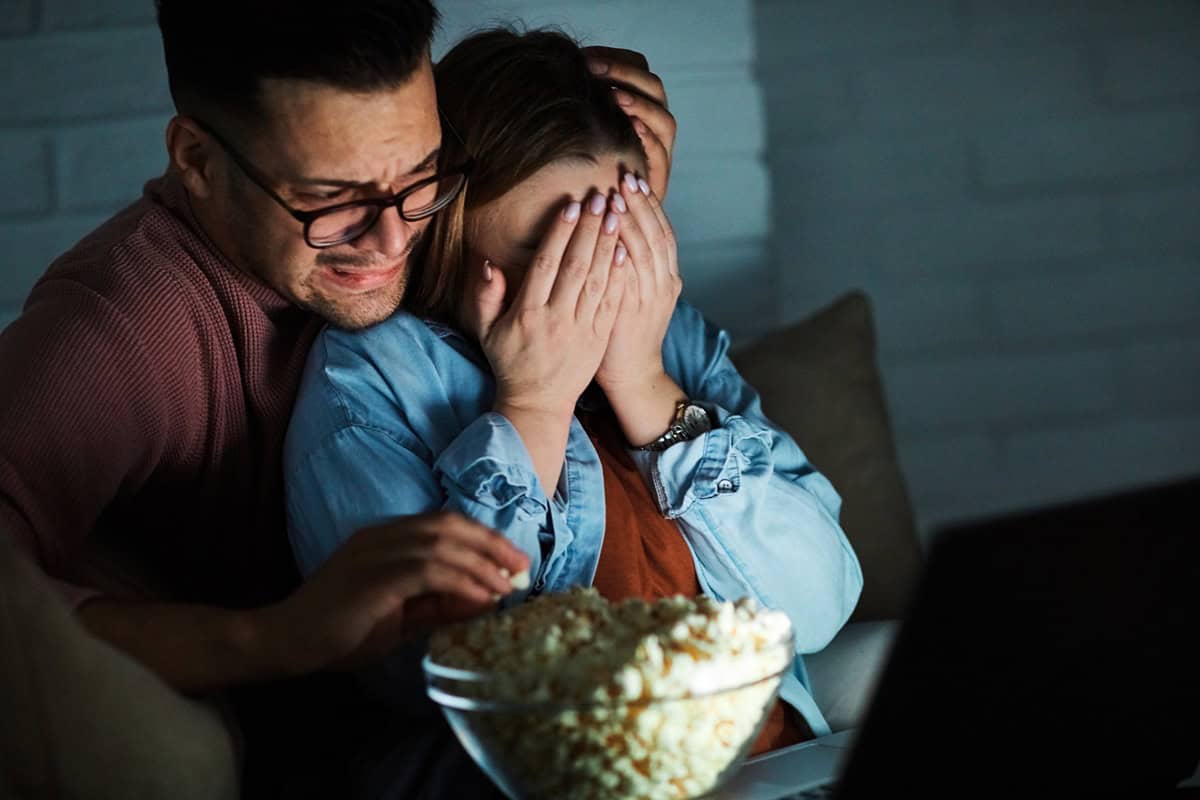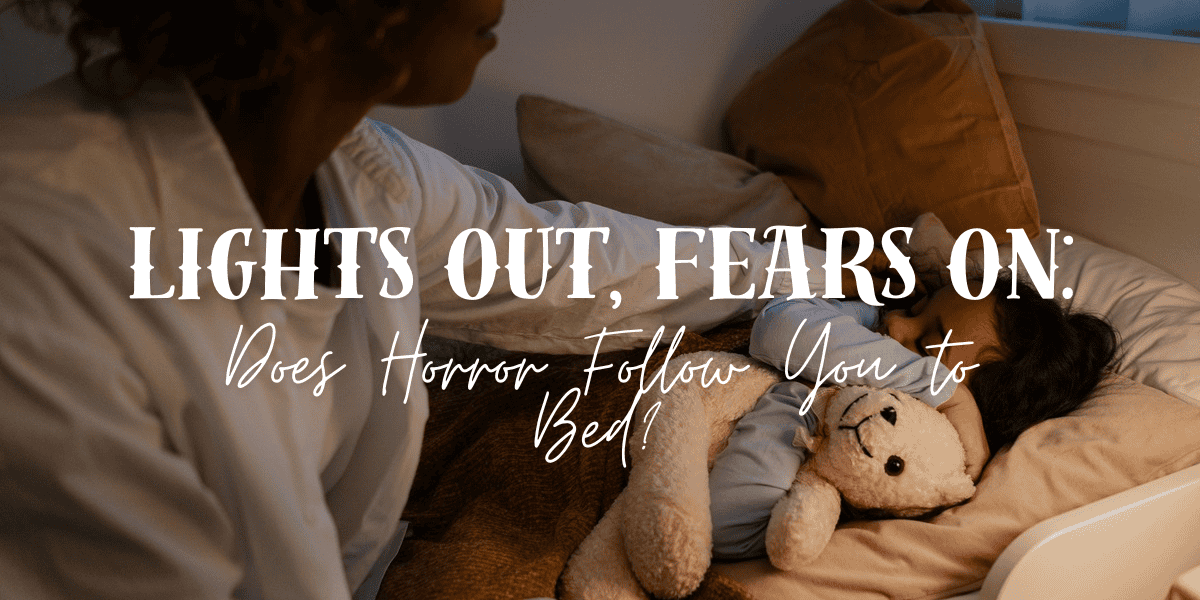Imagine this: You’re curled up on the couch for a fun Friday night, popcorn in hand, ready for a horror movie marathon.
Suddenly, you realize that your brain is not just processing the movie—it’s rewriting your dreams into a blockbuster of terror.
So, do horror movies really cause nightmares, or is your overactive imagination just staging a coup?
The Science of Scary Dreams

© Pexels
Let’s break it down. Our brains are busy little night owls that continue processing the day’s events while we sleep, particularly during REM sleep—the stage when dreams (and nightmares) are most vivid.
When you watch a horror film, especially one that amps up the suspense with eerie soundtracks and startling jump-scares, your brain may decide to turn that terror into a cameo in your dreams.
Research in neuroscience and psychology suggests that the emotional intensity of horror films can indeed increase the likelihood of nightmares.
It’s not that the movies are casting a magical spell on your sleep; it’s more about how your brain processes fear and stress.
Essentially, if your mind is already in a heightened state of alert (think of it as an overenthusiastic security system), those scary scenes might just sneak into your REM dreams.
Who’s More Prone to Nightmare Land?

© Pexels
Not everyone will wake up convinced that your living room sofa is actually a haunted chair. Here’s who might be more susceptible:
- The Young and Impressionable: Kids and teenagers, whose brains are still learning to manage fear, can find horror movies particularly overwhelming. It’s like giving them a master class in “How to Get Spooked 101.”
- The Highly Imaginative: If you’re the kind of person who can imagine a chair coming to life, prepare for your worst nightmares. For you, horror movies might not just be a viewing experience—they’re a prelude to a horror saga starring your own mind.
- The Anxious: Those prone to anxiety may find that horror films exacerbate their worries, turning bedtime into a potential horror show. The good news? You’re already prepared for the scares, even if they’re all in your head.
When Horror Helps: The Therapeutic Side of Scares

© Pexels
Here’s a twist: while horror movies might rattle your dreams, some researchers argue they can also be a form of controlled exposure therapy.
In a safe environment (your living room), experiencing simulated fear can help some people confront and manage their anxieties.
It’s like training your brain’s “fight or flight” system without ever leaving your couch—scary, but oddly therapeutic.
Tips to Enjoy Horror Without Haunted Nights

© Pexels
If you’re a horror aficionado but dread waking up to nightmares, here are some strategies to keep the scares on-screen and off your dreams:
- Watch Early: Try to schedule your horror viewing earlier in the day. This gives your brain plenty of time to process and settle before you hit the hay.
- Mix It Up: Follow up your horror session with something lighthearted. A few episodes of a quirky sitcom or a funny animal video can help balance out the intensity.
- Control Your Sleep Environment: A cozy, well-lit room with a familiar soundtrack (or a white noise machine) can reduce the chances of your mind turning the dark corners into ghostly figures.
- Rationalize the Fear: Remind yourself that what you saw on screen is pure fiction—no, the creepy figure in your dream isn’t planning a midnight snack raid on your fridge!
The Final Verdict

© Shutterstock
So, do horror movies cause nightmares? The science suggests they can, particularly if you’re already wired for vivid dreams or extra anxious about the unknown.
But remember, your brain is an incredible machine that sometimes just loves a good story—even if that story involves haunted houses and spectral apparitions.
In the end, if you find yourself waking up with a start, just know that your brain is simply giving a standing ovation to the film you just watched.
And hey, at least you’re living in a horror story worth telling—just maybe with a little less midnight screaming next time.

